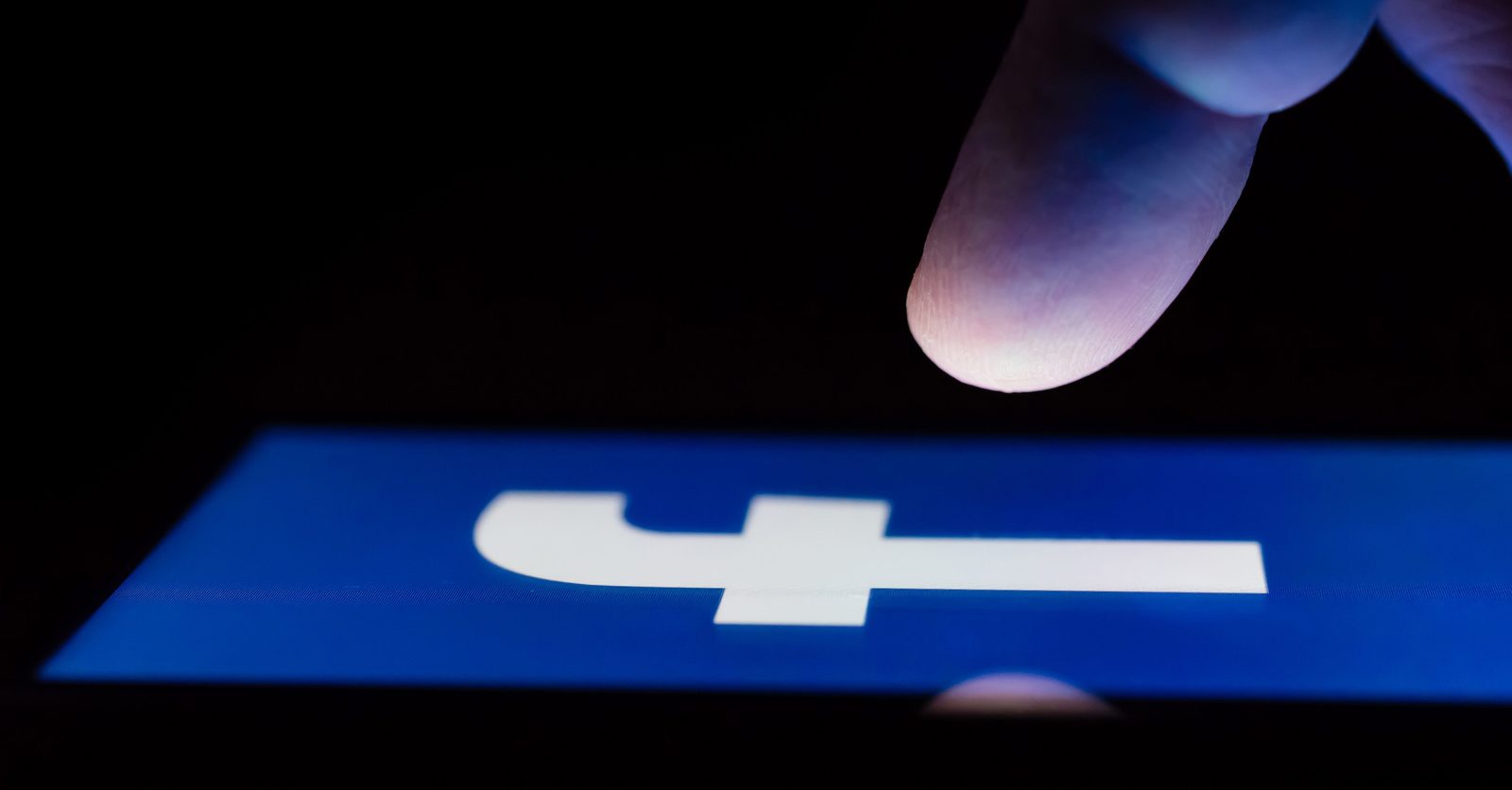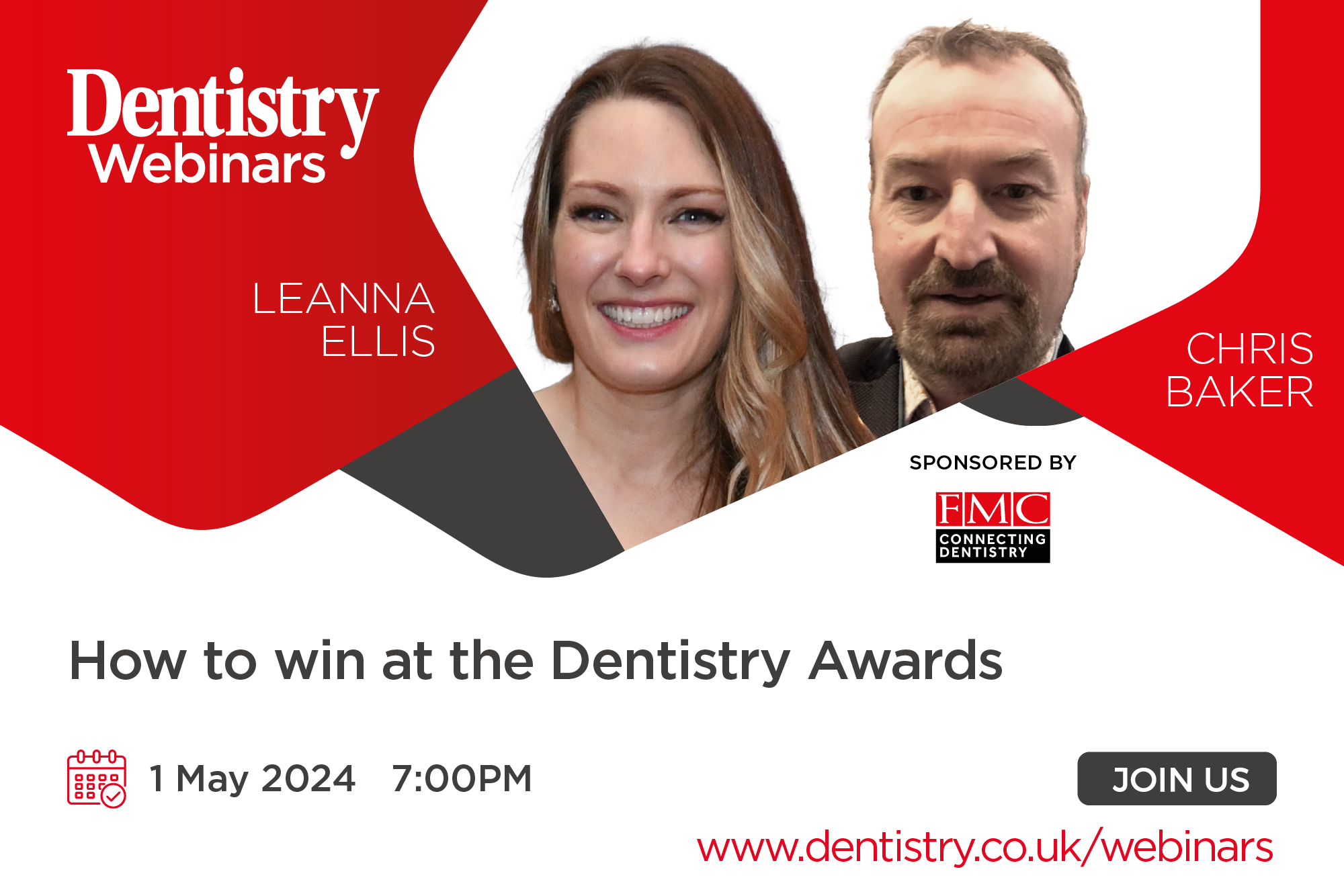 Eric Easson explains the pitfalls of posting on private social media groups.
Eric Easson explains the pitfalls of posting on private social media groups.
Social media groups and forums can often be a useful platform to discuss the pressures of being a dentist, for example, sharing best practice, voicing frustrations, or asking questions to colleagues. There are numerous forums that are ‘closed’, meaning that they allow discussion in a discreet ‘members only’ area. However, are such forums a safe place when there is the potential for comments posted on such groups to be leaked into the wider internet?
In Guidance on using social media, the GDC states: ‘Many dental professionals use social media sites that are not accessible to the public to share and find information. However, you must remember that many social media groups, even those set up for dental professionals, may still be accessible to members of the public.’
Often, private social media groups may seem secure, but it is important to remember that these forums can have hundreds of thousands of members. Often, this means that information is accessible to individuals outside the profession. To illustrate, there have been cases when people have used fake credentials to join private groups.
Identifiable patient information
Another important factor to consider is the potential for someone within the group to take a screenshot of your post, and publish it in another forum. Comments can be taken out of context or misunderstood, and it is easy to inadvertently cause offence. As a dentist, you need to consider whether you would be happy for a post to be shared with a wider audience and possibly with no reference to the original context in which it was made.
The GDC states: ‘You must be careful not to share identifiable information about patients without their explicit consent. When obtaining consent you should specify to the patient how exactly the information you propose to share will be used, for what purpose and where it will be available.
‘If you decide to upload clinical information, including radiographs and photographs to any form of social media, you should carefully consider who may be able to view this information.
‘If you are sharing anonymised patient information, you must also take all possible precautions to make sure that the patient cannot be identified. Although individual pieces of information may not breach a patient’s confidentiality on their own, a number of pieces of patient information published online could be enough to identify them or someone close to them.’
Social media plays an important role in engaging with the public and with other dentistry professionals in discussions about dental health, and by establishing national and international professional networks. However, dentists need to be aware of the potential problems and risks when posting their thoughts online.
The DDU’s advice is that prior to posting, even in a closed group, consider what the purpose of the post is and who may read it. Could it potentially identify an individual and what could be the repercussions if the post was reproduced elsewhere? If you are unsure, it may be best to alter your post, or not to post the comment at all.
Case study
A dentist recently joined a private Facebook group to participate in a discussion about patients who had significant periodontal pocketing. The dentist and several other members of the group then played ‘top trumps’ and shared their patients’ pocket chartings.
A few days later the dentist got a private message from a dental nurse, who was also a member of the group and had seen the original post. The nurse explained that when she had seen the post, she knew that the dentist was referring to her mother. The nurse confirmed her suspicions by looking at the dentist’s Facebook profile, where she was able to establish that the dentist worked at the practice where her mother was registered.
The nurse was extremely angry that her mother’s dental health had been mocked online. She stated that she expected her mother to receive a written apology and explanation and that she would be making a formal complaint to the GDC.
For more information visit www.theddu.com.



